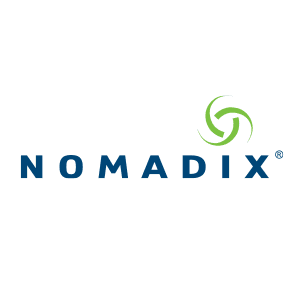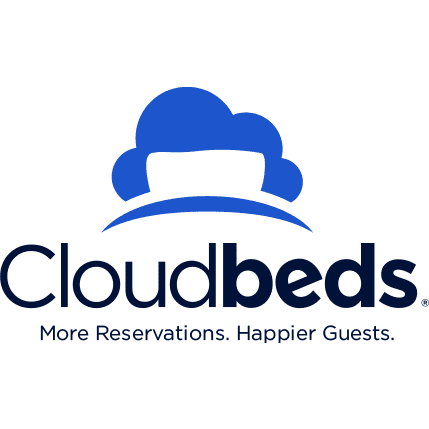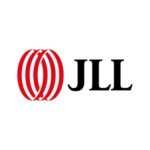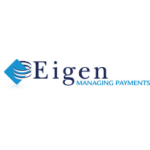 At first glance, extended stay hotels share many commonalities with traditional hotels. Rooms and suites are rented to guests; amenities such as swimming pools, laundry rooms, fitness gyms, and conference rooms are often available to patrons; and guests’ rooms are routinely cleaned and restocked by housekeeping staff. But a closer comparison reveals many more key differences between these two types of lodging, distinctions that make all the difference when it comes to managing day-to-day operations, financials, inventory, and so much more.
At first glance, extended stay hotels share many commonalities with traditional hotels. Rooms and suites are rented to guests; amenities such as swimming pools, laundry rooms, fitness gyms, and conference rooms are often available to patrons; and guests’ rooms are routinely cleaned and restocked by housekeeping staff. But a closer comparison reveals many more key differences between these two types of lodging, distinctions that make all the difference when it comes to managing day-to-day operations, financials, inventory, and so much more.
For a quarter century, we have focused primarily on the effective management of extended stay hotels. To say that we’ve learned quite a lot from working closely with our valued customers is to understate the matter. Indeed, much of what we offer today was created under the umbrella of team spirit between our development team and extended stay owners and managers from all over. As a result, we’d like to offer our top five reasons why managing an extended stay hotel the way you might govern a traditional hotel is an invitation for disaster.
1. Much longer average length of stays
For starters, true extended stay guests are far more likely to remain on the property for an undetermined (extended) period of time — hence the category — staying anywhere between seven nights and forever. This is not hyperbole; many of our customers have guests whose folios span decades, uninterrupted.
This distinction has far reaching implications when it comes to accounting, especially while managing sales and use tax since state and local taxes will eventually terminate throughout lengthy stays. Traditional hotels simply tack on these taxes nightly because the number of nights is predetermined; however, true extended stays cannot do this for the tax reasons described above, and also because — which brings me to point number two — there is no expected departure date.
2. No expected departure date
According to our data, last year’s extended stay metrics showed that the average length of stay was 1.7 years with the longest stay coming in just under 26 years—that’s almost 9500 consecutive nights! For these guests, extended stay hotels are, for all practical purposes, a primary residence. For obvious reasons, extended stay hotels cannot simply wait until the end to take payment when departure dates are largely unknown, but this difference in accounting isn’t always—well, accounted for in many of today’s property management systems, since the prevailing protocol is to wait until checkout to collect. This brings this to point number three: up front payment.
3. Up front payment
Guests who choose extended stay hotels find themselves in a kind of tenant at will scenario, wherein they may remain on the property as long as they like so long as their bill is paid in full upfront. Likewise, should guests find themselves in arrears, the hotel may evict them. Should the latter occur enough times with a particular guest (or for any other reason), that person may be assigned a Do Not Rent status—meaning, if they attempt to rent a room in the future, their folio is flagged as “DNR”. This type of flagging is not a common feature in traditional hotel property management systems. But there are other reasons that guests might find themselves on the DNR list too, and some of these infractions are cause for point number four: security deposits.
4. Security deposits
While most guests conduct themselves in good faith, others do not, and security deposits are the key preventive measure against losing money on bad actors who smoke in a non-smoking room, who cause damage to the property, or who skip out on payment after having remained in the room past the due date. Here again, most traditional property management systems don’t have this type of functionality built into the software, and even if it does, the process typically requires a credit card number up front for what would normally be classified as incidentals. Here’s the caveat: for extended stay hotels, the prevailing form of payment is cash. What then? The property management software needs to have the built-in functionality to easily accept non-credit card prepayments and security deposits—getting to the final point: cash payments.
5. Cash is king
Since cash (hard currency, check, money orders, or debit cards) is the leading form of payment for most extended stay guests, once again we see that the property management software must be equipped to handle this form of payment at every turn, including—but not limited to, loss mitigation. On one hand, extended stay hotels suffer fewer credit card merchant fees and/or chargebacks; on the other hand, having lots of cash on hand is a magnet for theft. The right property management software will have extensive measures in place to mitigate this problem.
Conclusion
The answer is simple: let Gearco take care of all these issues for you so that you can get on with garnering new customers, fostering relationships with your current guests, earning even more revenue than you thought possible, and enjoying a headache-free hotel operation that is specifically designed to meet the unique needs of extended stay hotels. Call us now and see for yourself!


















